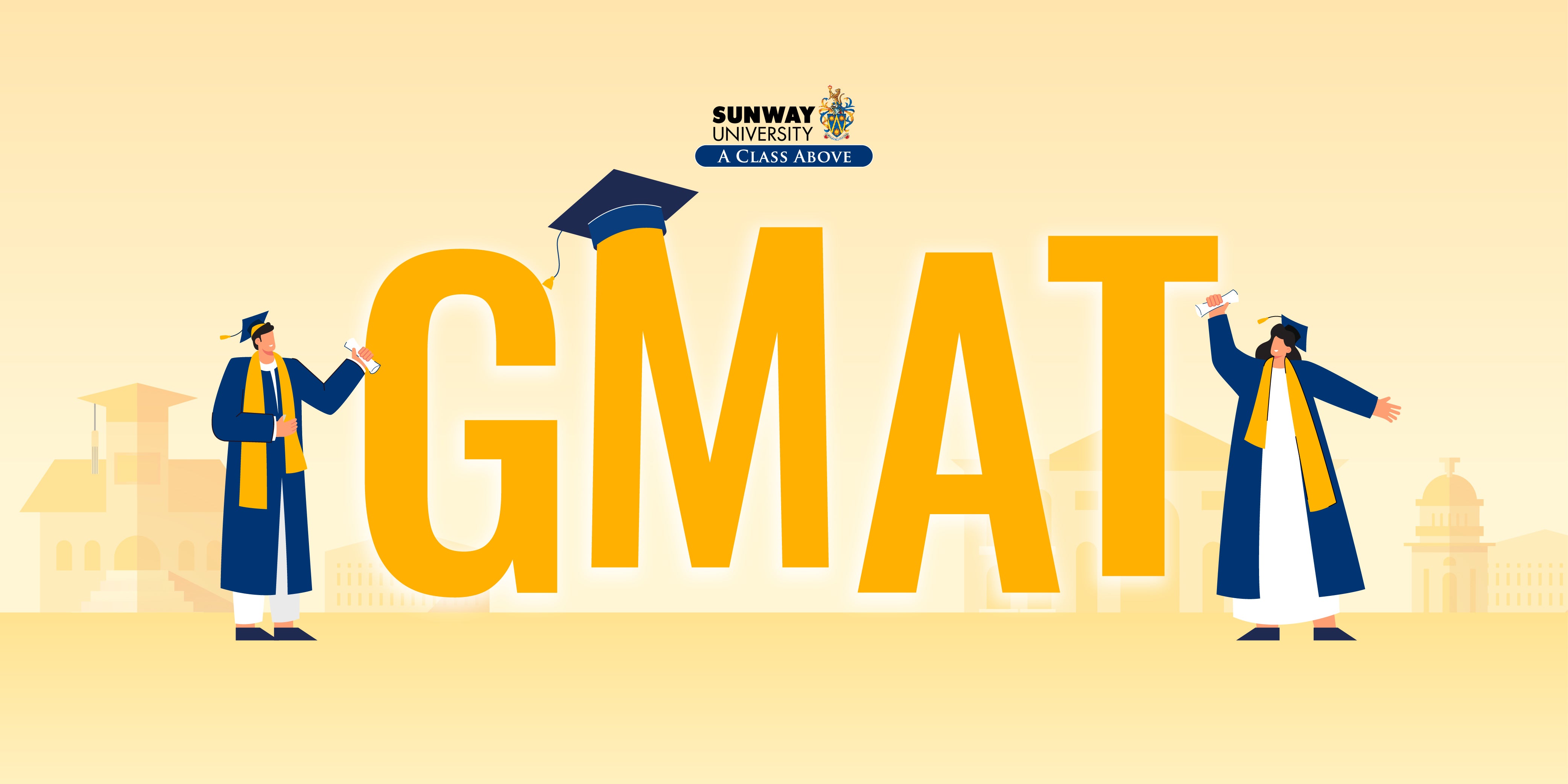What Is the GMAT, and Is It Required for an MBA?

Pursuing a Master of Business Administration (MBA) is a significant step towards advancing your career. Traditionally, the Graduate Management Admission Test (GMAT) has been a staple in the MBA admissions process. However, with the evolving landscape of business education, is the GMAT still necessary?
What is the GMAT and Its Role in MBA Admissions?
The GMAT is a standardised test designed to measure different skills required to excel in an MBA programme. Test takers will be assessed on their analytical writing, quantitative, verbal, and integrated reasoning skills. It is widely used by business schools worldwide as part of their admissions process, helping them assess the academic preparedness of applicants.
For example, the average score for GMAT in Europe that can qualify you for a top business school falls within the range of 640+ to 700+. Grade point averages and GMAT score can play a pivotal role in determining not only your admission but also your eligibility for scholarships.
However, it's essential to understand that while the GMAT is a crucial factor for many programmes, it is not universally required. The necessity of taking the GMAT depends on the specific institution and the type of MBA programme you are interested in. Also, many universities in Malaysia are embracing a more holistic admissions approach, recognising that business acumen extends beyond a single test.
Why Some MBA Programmes Waive Their GMAT Requirement
In recent years, there has been a growing trend of MBA programmes offering waivers for standardised tests such as the GMAT. This shift is driven by a few factors, such as:
Focus on Diversity
Business schools value a diverse student body with a range of skills, professional experience, academic achievements, and leadership potential. A singular focus on GMAT scores can overlook talented individuals with exceptional professional backgrounds or unique perspectives.
Alternative Assessments
Universities are exploring alternative ways to gauge applicant suitability. Strong essays, work experience, and proven leadership qualities can paint a more complete picture than a test score alone.
Emphasis on Practical Skills
The evolving business world demands graduates equipped with critical thinking, problem-solving, and adaptability. High GMAT scores may not always translate to these sought-after skills in the workplace. MBA programs typically favour applicants who have diverse professional backgrounds, practical skills, and problem-solving capabilities.
GMAT In the Malaysian Context
In Malaysia, many universities have adapted their admission policies to be more inclusive and flexible. Institutions like Sunway University, for example, have recognised the value of professional work experience and academic achievements as strong indicators of a candidate's capability to thrive in an MBA programme. Many universities across Malaysia also offer similar flexibility, allowing candidates to apply without the GMAT or substituting it with other assessments.
Beyond the GMAT: Exploring Alternatives
Other than the GMAT, there are several alternatives to consider including:
1. GRE (Graduate Record Examination): The GRE is a versatile test accepted by many MBA programmes, including those that typically require the GMAT. GRE exams are often considered more flexible, as it is also used for a wide range of graduate programmes, not just business schools.
2. EA (Executive Assessment): The EA is specifically designed for experienced professionals applying for executive MBA programmes. It focuses on the skills most relevant to executive roles, making it a popular alternative to the GMAT.
3. Other Assessments: Some programmes might accept other forms of evaluation, such as a personal interview with the admissions committee, case study analysis, or even the applicant's undergraduate GPA in lieu of a standardised test score.
The details listed in the following table are accurate at the time of writing.
Which Test to Take? Deciding Between GMAT, GRE, or EA.
 Source: https://executivemba.wharton.upenn.edu/differences-between-gmat-vs-gre-vs-ea-for-executive-mba/
Source: https://executivemba.wharton.upenn.edu/differences-between-gmat-vs-gre-vs-ea-for-executive-mba/
Making the Right Choice for Your MBA Journey
When deciding whether to take the GMAT or consider an alternative, weighing the factors that matter most to your educational and professional goals is crucial. If your chosen programme requires the GMAT and you believe you can achieve a competitive score, it might be worth taking the test. On the other hand, exploring these alternatives could be more advantageous if you have significant professional experience or prefer the flexibility of the GRE.
For students aiming for a top MBA without GMAT, thoroughly research each institution's requirements and talk to admission consultants. Many international programmes, including those in Europe and Asia, offer options that align with different career stages and educational backgrounds.
Pursue Your MBA Online with Sunway University
At Sunway University Online, we understand that every student’s journey is unique. That’s why our MBA programme offers flexibility, with no GMAT requirement for entry. Instead, we focus on your professional work experience, prior academic achievements, and your potential to contribute to our learning community.
Entry Requirements for Sunway University Online’s MBA:
- A bachelor’s degree in a related field with a minimum CGPA of 2.00 out of 4.00 or its equivalent qualifications as accepted by the HEP Senate. Applicants with a score of less than 2.50 will be assessed for entry on a case-by-case basis; OR
- A bachelor’s degree or equivalent in a non-related field with a CGPA higher than 2.00, with at least two years of relevant work experience; OR
- The completion of a prerequisite subject specified by the University for those with a bachelor’s degree in a non-related discipline, with a minimum CGPA of 2.00 as accepted by the HEP Senate, and without relevant work experience; OR
- APEL.A Certification (T-7) (Recognition of Prior Learning); AND
- English-Language Requirement: Applicants whose medium of instruction for their first degree was not English will be required to provide evidence of language ability via an IELTS (average score of 6.0) or TOEFL (score of 600 - paper-based or score of 250 - computer-based) test result.
Why Choose Sunway University Online?
The Sunway University Online MBA programme is a 100% online part-time study option to accelerate your career and unlock the pathway to a rewarding career in business. With an industry-relevant curriculum, you will be equipped to overcome challenges in a changing landscape. Reach out to our Education Counsellors for a quick eligibility check today.




